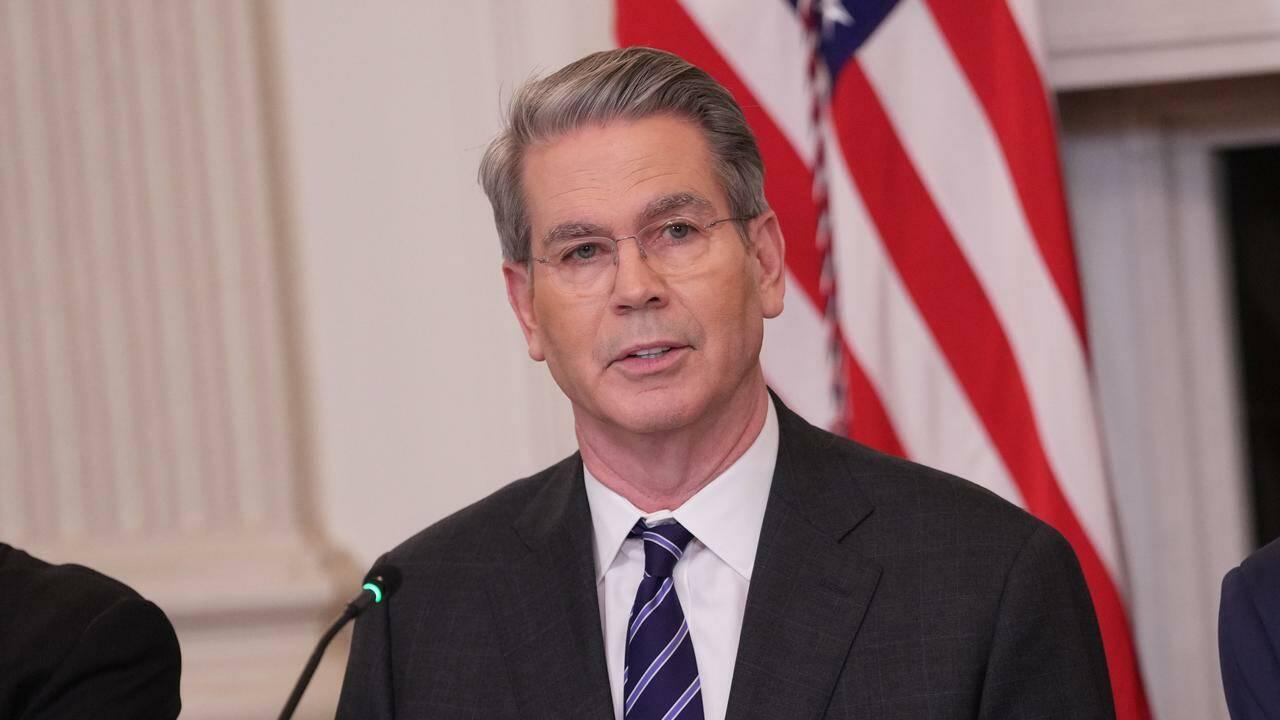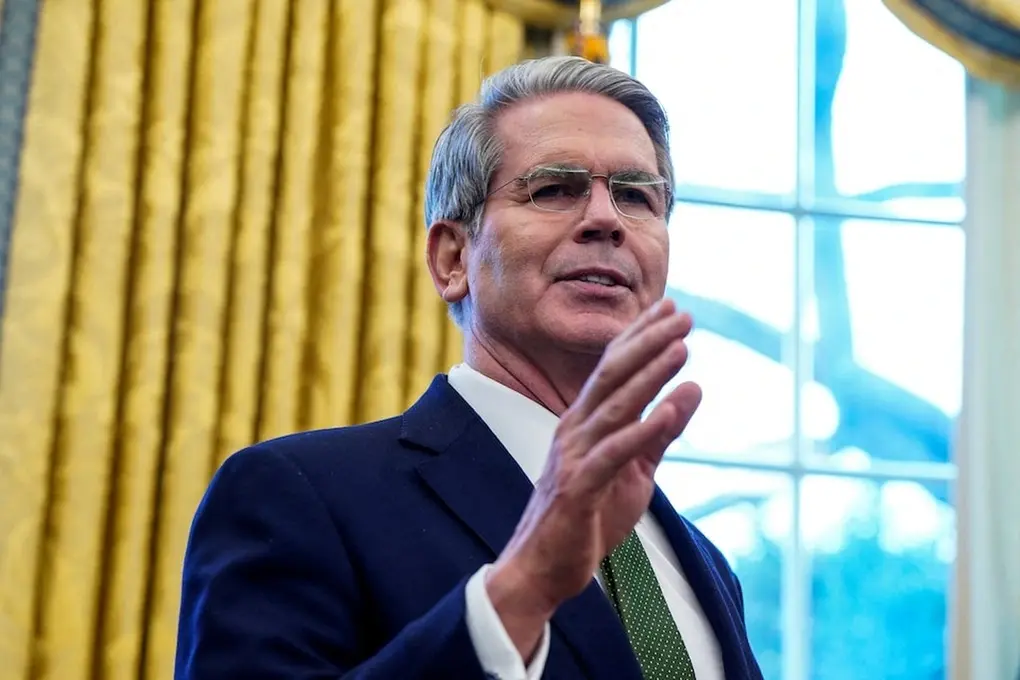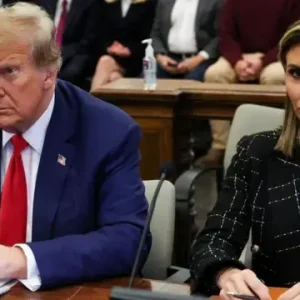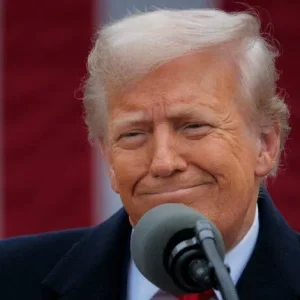The recent U.S.-China trade talks in Geneva have yielded a preliminary agreement, signaling a potential easing of tensions between the two economic giants. While specific details are pending, both sides have reported “substantial progress” and plan to release a joint statement soon.

The negotiations, led by U.S. Treasury Secretary Scott Bessent and Trade Representative Jamieson Greer, along with Chinese Vice Premier He Lifeng, focused on de-escalating the ongoing tariff war. The discussions resulted in the establishment of a new “trade consultation mechanism” to facilitate continued dialogue.
Although the exact terms of the agreement have not been disclosed, there are indications that the U.S. may reduce tariffs on Chinese imports from the current 145% to a range between 50% and 80%. This move aims to alleviate the economic strain caused by the trade conflict, which has impacted both nations’ economies and global markets.
President Trump described the outcome as a “total reset” of U.S.-China trade relations, emphasizing the importance of opening Chinese markets to American businesses. The agreement also addresses concerns raised by American farmers and retailers over the economic impact of the trade conflict.Market reactions have been positive, with global financial markets rallying amid optimism over the negotiations. Investors anticipate that potential tariff reductions could help stave off a global recession and support economic growth.
Further details of the agreement are expected to be released in the upcoming joint statement. The establishment of the trade consultation mechanism indicates a commitment from both sides to continue working towards resolving their trade disputes.






